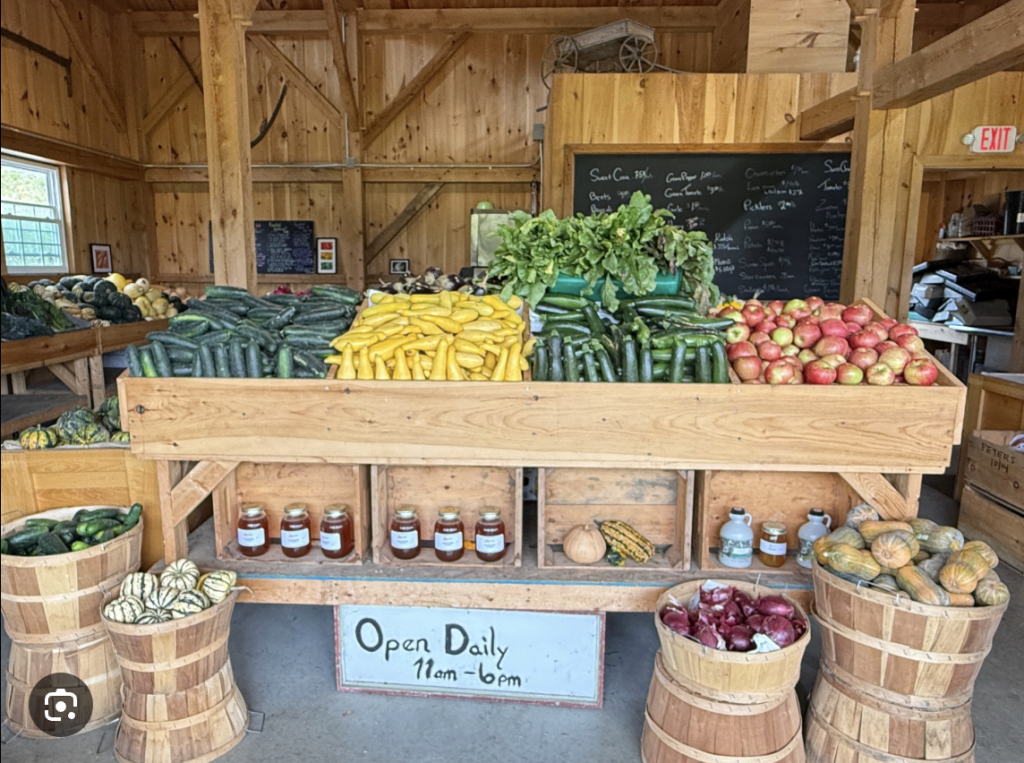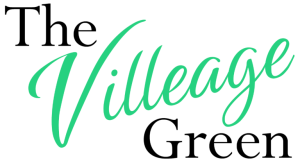
The 2025 Farm Bill will have significant ramifications for the country’s nutrition assistance programs, placing greater concentration on the Supplemental Nutrition Assistance Program (SNAP). SNAP is considered the cornerstone of the nation’s food security safety net; it provides critical support each month for more than 41 million individuals, including about 1 million who are New Jersey families.
In New Jersey, SNAP plays an important role in reducing hunger and contributing to improved nutrition for low-income families. The state has been taking proactive steps towards food security improvement. For instance, the New Jersey Department of Agriculture has now opened applications for the Environmental Quality Incentives Program (EQIP) for fiscal year 2025. This program would provide financial and technical assistance to farmers to carry out conservation practices that can help improve water quality and soil health, thereby supporting the production of nutritious food.
In addition, pending legislation in New Jersey would establish a Farm to School Local Food Procurement Reimbursement Grant Program. The program would reimburse school districts for the additional costs associated with sourcing and procuring local foods for students to increase the amount of fresh, locally grown produce served in school meals.
However, the expiration of the previous Farm Bill on September 30, 2024, has introduced uncertainties. Programs like SNAP face potential funding disruptions, which could adversely affect beneficiaries in New Jersey and across the country. This lapse may lead to increased food insecurity if a new bill or temporary resolution is not enacted promptly.
As discussions for the 2025 Farm Bill progress, it is more critical than ever for policymakers to protect and strengthen nutrition assistance programs like SNAP. Ongoing support for these programs is essential to safeguard food security for New Jersey’s and the nation’s most vulnerable populations.
Sources

